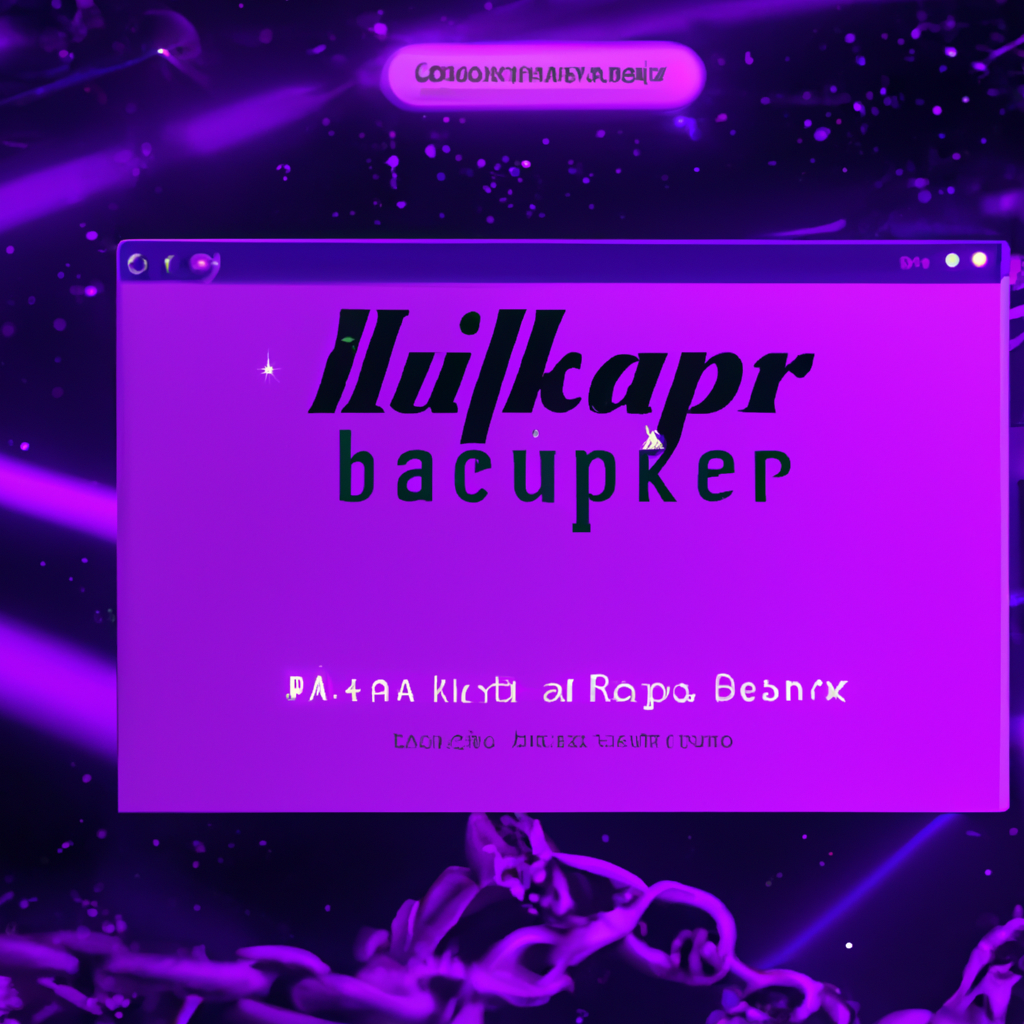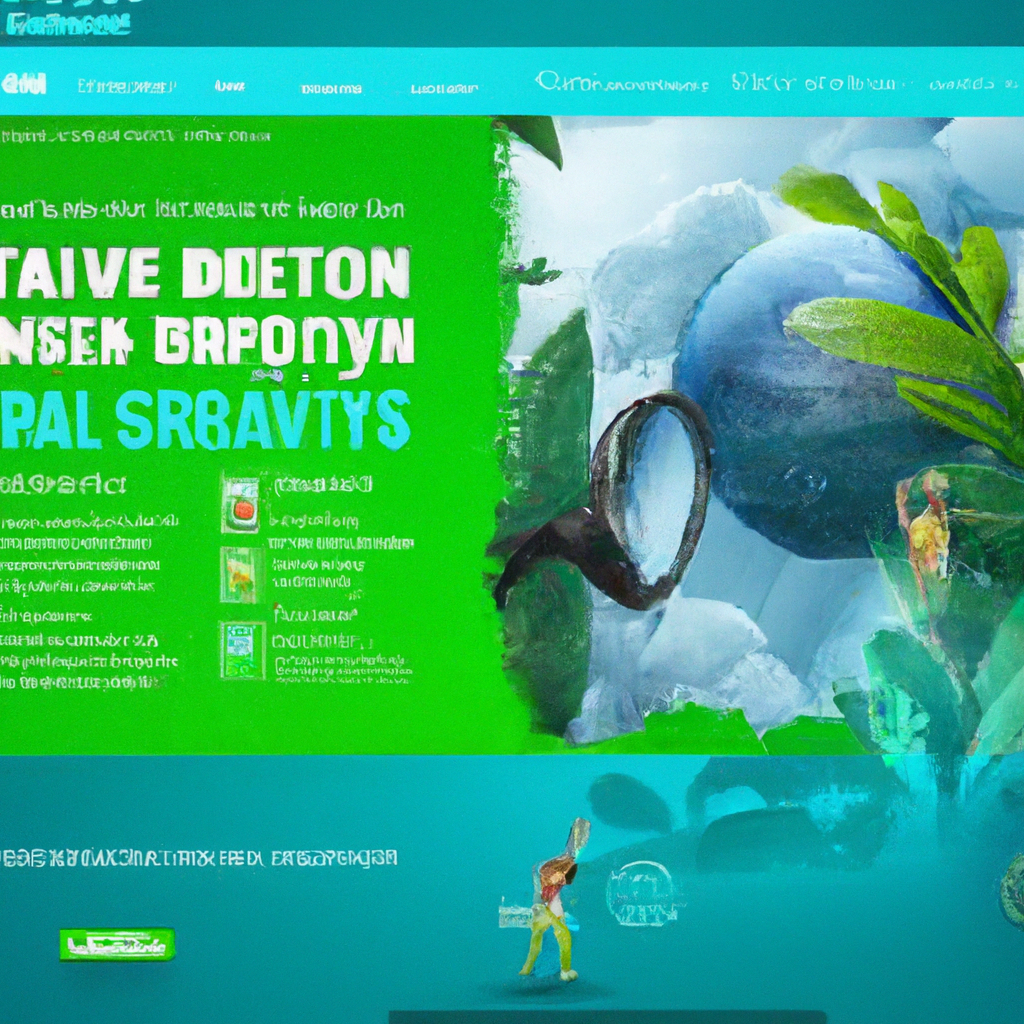What is a PBN?
Key Takeaway:
- Private Blog Networks (PBNs) are a network of websites created with the sole purpose of creating links to a main website in order to improve its search engine ranking.
- Purchasing old domains with high authority and creating content linked to the main website are common tactics in creating a PBN. However, PBNs are considered a black hat technique and can result in penalties from Google.
- Alternative tactics include creating unique and valuable content as well as acquiring editorial links, which are natural links from reputable sources that are earned through quality content.
Private Blog Networks – An Overview
When it comes to boosting search engine rankings, Private Blog Networks (PBNs) have been hailed as a powerful SEO tool. In this overview of Private Blog Networks, we will take a closer look at the definition of PBNs and what they are used for. Stay tuned to learn more about these often controversial networks.
Definition of Private Blog Networks
Private Blog Networks (PBNs) are a way to manipulate search engine rankings of a single website. It involves buying expired domains with high authority and linking them to the main website with unique content. Tactics like backlinking, optimizing for SEO, utilizing reputable domains with high ranking potential, creating valuable blog content and using appropriate anchor texts are used.
These networks are not public and often happen on complex sites which are hard to monitor. However, Google does not allow such black-hat SEO methods. Websites caught using PBNs may get penalties like lower SERP positions or delisting from search results.
Creating quality content is better than artificial links from PBNs. There’s debate among marketers about the ethical use of PBNs. Despite differing opinions, it’s essential to note the negative consequences of using PBNs and best to avoid them.
Creating a PBN for Backlinking
If you’re trying to boost your website’s search engine rankings, building a Private Blog Network (PBN) can be a game changer. This section will walk you through the process of creating a PBN for backlinking, including tips on purchasing old domains with high authority, creating content and linking to the main website, and the importance of backlinks for SEO. With the right strategy and execution, a PBN can give your website the competitive edge it needs to rank higher in search engine results pages.
Purchasing Old Domains with High Authority
When it comes to a Private Blog Network (PBN), buying expired domains with high authority is a common strategy. Start by studying the backlink profile and make sure it’s relevant to your main website. Also, watch out for Google guidelines. Get domains from different registrars and web hosts to avoid footprints.
Once you have the domain, rebuild the website, update the content, and match it with your niche. Add contextual links to direct people to your main website. This can help SEO rankings. But, beware. This technique violates Google’s link schemes and may lead to penalties or de-indexing of your sites. Stay informed about algorithm changes.
You can link your content to your main website and improve SEO.
Creating Content and Linking to the Main Website
To win with SEO, it’s vital to create interesting content and link it to your main website. This will bring you valuable backlinks which can enhance your site’s authority, rank, and visibility. Here’s how:
- Step 1: Do thorough research into key words, topics, and industry news.
- Step 2: Make quality content that is interesting, instructional, and fresh. Ensure SEO optimization by adding meta descriptions, titles, and keywords.
- Step 3: Connect the new content to your main website with correct anchor text organically.
Google views getting backlinks through private blog networks (PBNs) as a black hat technique. So, stay away from PBNs to avoid stiff penalties such as getting blocked from search engines or having your website wiped out.
Rather than depend on PBNs for backlinks, focus on making unique and useful content that gets editorial links naturally. Editorial links come up organically when other sites cite your material as a source of info or value. These natural links are more powerful than artificial ones made by PBNs or other non-organic ways.
Importance of Backlinks for SEO
Backlinks are key for improving SEO as they boost a website’s authority. When a website has plenty of quality backlinks, search engines recognize that other sites value its content, leading to better rankings in search results.
Plus, backlinks are essential for creating a Private Blog Network (PBN). SEO pros can boost their ranking by linking from multiple PBN websites to the main one. Still, it is important to buy old domains with high authority and create unique content that links back to the main website.
Although PBNs could be effective in the short run, Editorial Links from reliable sources are more significant than PBNs. Google’s strict guidelines make it risky to depend only on PBNs since they might result in penalties such as being de-indexed from search results.
Firms must focus on producing organic, unique, and valuable content that earns editorial links from authoritative external sources instead of depending solely on PBNs. Employing methods like PBNs could cause costly mistakes and impede organic and sustainable growth. Executing an SEO strategy holistically is best to avoid penalties and attain long-term success.
If you’re a risk-taker, PBNs for backlinking may be your thing. But, be aware of the consequences. In the end, businesses must prioritize organic and sustainable growth by creating excellent content and obtaining natural editorial links. This will result in greater SEO and higher website rankings in search results.
Risks and Consequences of PBNs
Unsure whether to use PBNs for improving your website’s ranking? In this section, we’ll explore the risks and consequences of incorporating PBNs into your SEO strategy. Dive into the sub-sections to discover Google’s guidelines on PBNs, the potential penalties for websites using PBNs, and a sneaky Black Hat technique that some use to avoid detection. Don’t risk your website’s reputation – read on to learn more.
Google’s Guidelines on PBNs
Google has no tolerance for Private Blog Networks (PBNs). Using these for backlinking is a violation of Google’s rules. The focus should be on creating quality content and natural links. Breaching the guidelines can lead to de-indexing or even penalties. SEO professionals must be aware of the risks involved with PBNs and abide by Google’s rules for long-term success.
Penalties for Websites Using PBNs
Websites which use PBNs to manipulate backlinks are in danger of facing serious penalties and sanctions from Google. This could lead to a huge decrease in search engine rankings and, in extreme cases, the website could even be completely removed from search results. The effects are more than just a low traffic and page ranking. It could damage the credibility and trustworthiness of the website and the online reputation of the individual or business.
Google’s algorithms may detect the use of PBNs. This could result in the website being reported as spam, making it harder for it to be seen online and damaging its reputation. Furthermore, digital marketers must follow Google’s guidelines and avoid artificial methods to increase their content’s visibility through links from suspicious domains. Not following these rules could have legal repercussions with long-term effects on the business or individual.
In the past, black hat SEO tactics such as PBNs have been common, but now more digital marketers are following ethical practices. They focus on giving users value and increasing their search engine page rankings in a legitimate way. This new approach offers better quality content to the web and avoids potential penalties that come with manipulative SEO techniques.
Black Hat Technique to Avoid
Private Blog Networks (PBNs) are a black hat strategy for websites wanting to raise their search engine rankings. It involves making multiple sites and linking them back to the main one, but is strictly against Google’s regulations.
It’s essential to be aware that using PBNs can lead to serious punishments, including removal from search results for good. Buying links from these networks can also harm your website’s reliability and ranking over time.
Rather, SEO professionals should center on producing useful and original content that achieves editorial links naturally. Even though PBNs may have worked in the past, Google’s algorithm keeps altering, making it impossible to tell when this practice will have a destructive outcome on a website’s search engine rankings.
To sum up, it’s essential to stay away from black hat practices like PBNs and concentrate on making high-quality content for long-term success in the world of search engine optimization.
Alternatives to PBNs for Quality Backlinks
Looking for quality backlinks but trying to avoid Private Blog Networks (PBNs)? There are other options available that can provide lasting and valuable results. In this section, we will explore two such alternatives:
- Creating unique, valuable content
- Emphasizing editorial links rather than artificial links from PBNs.
Creating Unique and Valuable Content
Producing great content is key for getting top-notch backlinks for webpages. It’s widely known that webpages with fresh and relevant content are more likely to get editorial links. These are favored by search engines compared to artificial links made from Private Blog Networks (PBNs).
When it comes to SEO, quality beats quantity when it comes to backlinks. Editorial links are much more valuable than those from PBNs. Producing excellent content could urge visitors to bookmark the site, spend more time there and share the link.
Relevant and captivating content has a huge positive effect on metrics that search engines concentrate on. These include bounce rate, engagement metrics and dwell time. Creating first-rate content usually takes more effort than shortcuts like PBNs. A study by Search Engine Journal says over 70% of marketers rank creating top-notch content as a great SEO tactic.
Editorial links can be compared to aged wine. They increase in value over time, whereas artificial links from PBNs are like cheap tequila shots, providing a brief buzz but bad in the long run. So, making unique and valuable content should be an essential part of any website’s SEO strategy.
Editorial Links vs. Artificial Links from PBNs
If you want to improve your website’s SEO, link building is essential. There are two types: editorial links and artificial links created through private blog networks (PBNs).
Editorial links come without any agreement, from third-party sites. Artificial links are made by site owners to boost their website’s search engine rankings.
Editorial links are seen as more genuine. PBNs could be seen as spammy. Plus, Google could ban or penalize your website. PBNs offer quick results and control. But, editorial links bring referral traffic. PBNs often don’t bring any real traffic.
Using PBNs is unethical and can lead to short-term benefits, but also long-term harm. One digital marketer was exposed for using this black hat strategy. It damaged their reputation and cost them contracts. PBNs fall into a grey area in the world of SEO ethics.
So, stick with ethical practices for link building. Editorial links are natural. Artificial links from PBNs manipulate rankings. PBNs offer quick results and control, but they carry risks. They could harm your business’s growth and reputation.
Debate around the Ethics of PBNs
SEO and Private Blog Networks (PBNs) are popular topics of discussion among digital marketers. Yet, there is a contentious debate surrounding the morality and ethics of PBNs. It is seen by critics as deceptive and illegal as it goes against Google’s Quality Guidelines and violates the terms of use of web hosting services. Still, some marketers use PBNs to build backlinks and enhance their search engine ranking.
Many websites rely on this technique for SEO enhancement. But, the risks associated with PBNs make it a heated debate in the digital marketing world. Thus, it is recommended to create good quality content that can naturally attract backlinks and improve your website’s SEO. Don’t rely on PBNs!
To sum up, PBNs may offer a quick SEO boost, but the ethical debate surrounding it will continue to be a controversial issue in the digital marketing industry.
Understanding PBNs for SEO Professionals
For SEO professionals, understanding PBNs is key. PBNs are private blog networks – a big strategy in SEO. They link back to one website to boost its ranking in search engine results.
To make a PBN, you need expired domains with high authority and backlinks. Then rebuild and link them to the target website. The content must be original and of quality. This shortcut may seem effective, but search engines see it as black hat. Websites using PBNs can get penalties.
A better long-term strategy is to build a legit network of quality backlinks. Create high-quality content and actively build relationships with other industry websites to get natural backlinks. Knowing the pros and cons of PBNs helps you make informed decisions.
Five Facts About Private Blog Networks:
- ✅ Private Blog Networks (PBNs) are networks of authoritative websites used to build backlinks for a single website. (Sources: Ahrefs, GrowHackScale, SEMrush, Search Engine Journal)
- ✅ PBNs are created by purchasing old domains with high authority and creating content on those sites while linking to the main website. (Sources: Ahrefs, GrowHackScale, SEMrush)
- ✅ PBNs can help boost a website’s search rankings by passing link authority, but they are against Google’s guidelines and can result in harsh penalties if caught. (Sources: Ahrefs, GrowHackScale, SEMrush, Search Engine Journal)
- ✅ While PBNs may work for a short period, they are considered a black hat technique and are not recommended for long-term SEO success. (Sources: Ahrefs, GrowHackScale, SEMrush, Search Engine Journal)
- ✅ The best way to earn high-quality, relevant links is to create unique, valuable content that people will naturally want to link to. (Sources: Ahrefs, SEMrush, Search Engine Journal)
FAQs about What Is A Pbn?
What is a PBN?
A PBN is a private blog network used to build backlinks for a single website. It involves purchasing old domains with high authority and creating content on those sites while linking to the main website in order to boost the website’s search engine rankings.
Are PBNs against Google’s guidelines?
Yes, PBNs are against Google’s Webmaster Quality Guidelines. If caught, websites using PBNs can face penalties and lose all their rankings in the search engine results pages (SERPs).
How can PBNs benefit a website’s rankings?
PBNs can help boost a website’s rankings by passing link authority through links from multiple controlled websites to the main website. Backlinks are important ranking factors on Google.
Can using a PBN result in a violation of Google Webmaster Guidelines?
Yes, using a PBN can result in a violation of Google Webmaster Guidelines. Google considers any links intended to manipulate rankings as link spam, including those from PBNs. PBNs offer no real value and are designed to “beat the system.”
Is there a beginner’s guide to SEO available through Ahrefs?
Yes, Ahrefs offers a comprehensive beginner’s guide to SEO on their website. They also have a help center with tutorials, FAQs, and best practices for using their platform to learn SEO and enhance marketing knowledge.
How important are links in search engine algorithms?
Links play a significant role in search engine algorithms, and the more high-quality links a web page has, the better it will rank in Google search results. However, acquiring links can be expensive and time-consuming, making PBNs an attractive but unethical option to some. The best way to earn high-quality, relevant links is to create unique, valuable content that people will naturally want to link to.







